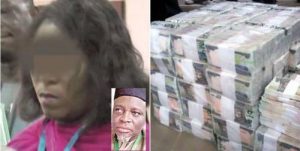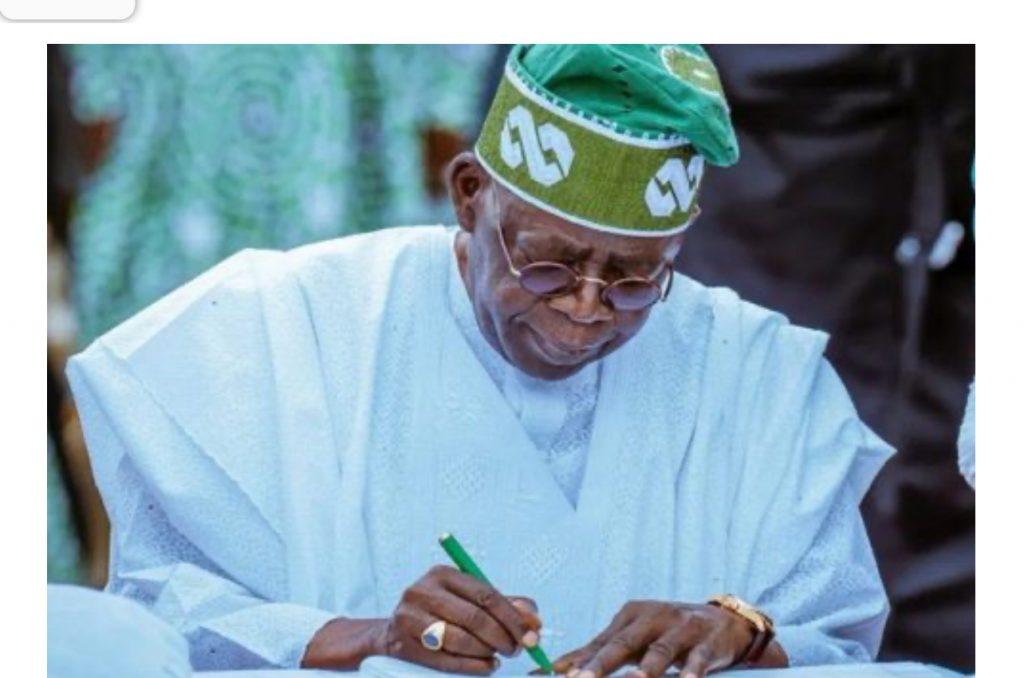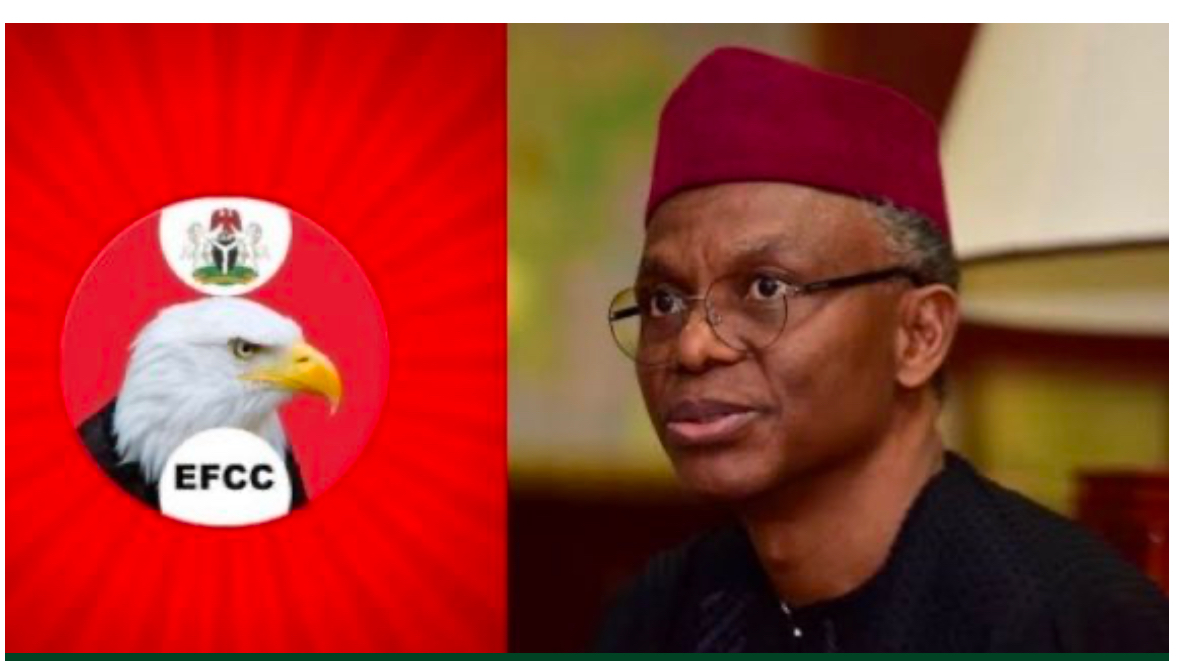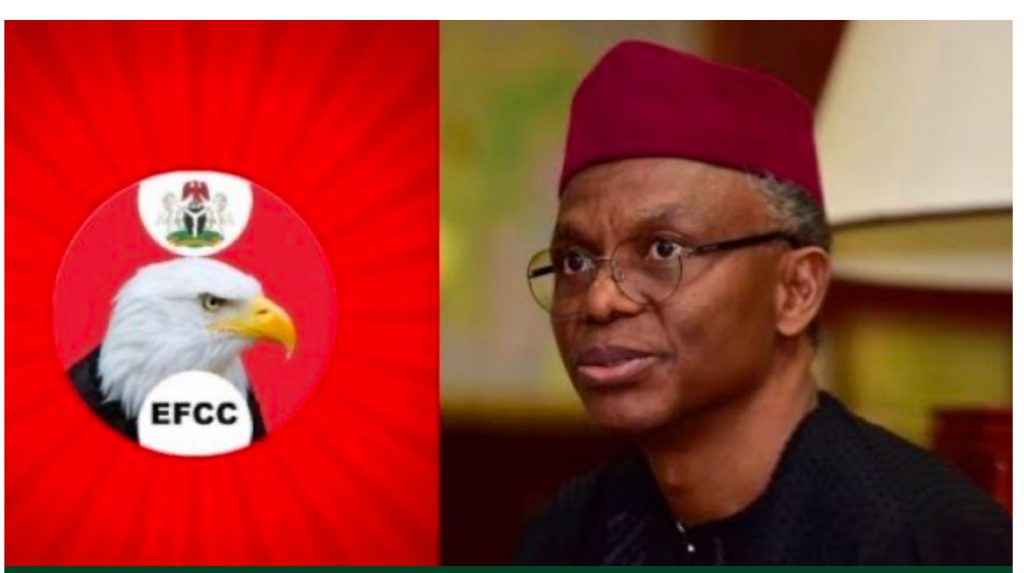The Federal High Court in Lagos on Wednesday dismissed the plea by a chieftain of the Peoples Democratic Party, Mrs. Olanrewaju Otiti, to travel abroad to get treatment for a liver-related ailment.
Otiti, who is standing trial for an alleged fraud of N650m, had pleaded with the court to order the release of her passport so that she could travel to America to receive treatment for a liver-related ailment.
Her lawyer, Akinola Oladeji, had told the judge that his client has “two cysts on the left and one on the right,” adding that the condition could not be treated in Nigeria.
But Justice Muslim Hassan, in a ruling on Wednesday, said the politician failed to prove that her ailment could not be treated in a Nigerian hospital.
The judge observed that the medical report which Otiti attached to her application was “a mere computer-generated document without any foundation of authenticity.”
He said he was afraid that if allowed to travel, Otiti might not return to face her trial and “it would be difficult to secure her arrest in the United States of America.”
Justice Hassan said he found Otiti’s application lacking in merit, saying, “and same is hereby dismissed.”
The Economic and Financial Crimes Commission had, while opposing the application, described Otiti as “a flight risk.” But the defence counsel, Oladeji, protested that the anti-graft agency was being unfair to his client.
Oladeji said Otiti had been suffering from the liver-related ailment for long, stressing that she was abroad receiving treatment when the EFCC first telephoned her to come and make a written statement.
Oladeji said out of respect for the law, his client abandoned her treatment in the US and returned, adding that after making the statement, she returned to the US to resume the treatment, only for the EFCC to, again, invite her, an invitation which she again obliged.
“For the EFCC to call her a flight risk is a most unfair statement. We have stated that the ailment she’s suffering from is a liver disorder,” Oladeji said.
He had informed the court about a medical report from the University Teaching Hospital in Ibadan, which, according to him, stated that the PDP chieftain had “two cysts on the left and one on the right,” adding that the condition could not be treated in Nigeria.
“This is just a confirmation that the operation can only be done in the United States of America.
“We have stated that her complete medical history is with the hospital and, indeed, she was referred there from Nigeria,” Oladeji added.
Justice Hassan, after rejecting Otiti’s application on Wednesday, adjourned till May 16, 2018 for continuation of trial.
Otiti is facing 24 charges of money laundering alongside a former Minister of the Federal Capital Territory, Jumoke Akinjide, and Senator Ayo Adeseun.
The trio were arraigned on January 16, 2018.
The EFCC, in the charges, accused them of collecting N650m from a former Minister of Petroleum Resources, Mrs. Diezani Alison-Madueke, in the build-up to the 2015 general elections.

















